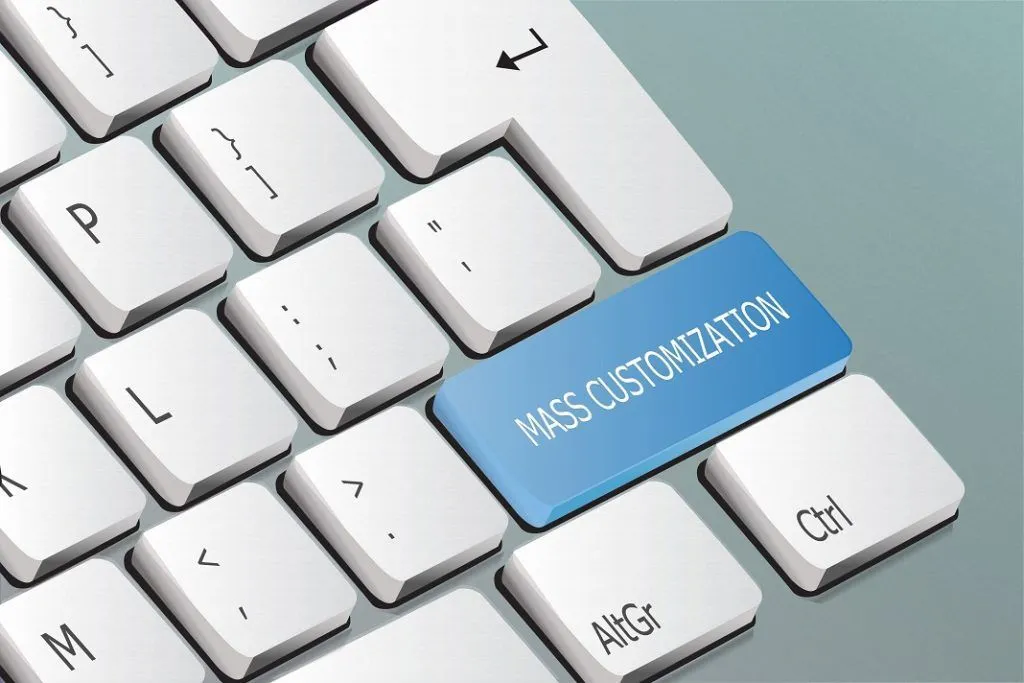If you are a creative person and require a cable with specific characteristics to make your equipment work, but you can’t find it on the market, don’t worry; you can have the perfect cable made; search for cabling companies near me; but first, it would be good to understand the customization processes available.
There are three types of customized products: mass customization, adaptive customization, and made-to-order products. Understanding them will help you look for the right “cabling companies near me” to meet your needs. So whether you’re looking for a new style of car or a customized product for your home, customized products can help you create a unique experience that will satisfy your customers and make your shopping experience more personalized.
Product customization
Product customization is creating a custom product based on a customer’s specifications. Various technologies, such as automated processes and 3D printing, enable customization on the same production line. However, organizations need to be willing to integrate with external supply chain partners and digitalization to realize the full potential of product customization.
Customization allows consumers to choose the specific elements of a product, thus making it more unique. This process has become popular in nearly every industry. The following are some of the benefits of customizing products. These include lowering the chance of customer returns and improving product quality.
Product customization improves customer satisfaction. When a customer is satisfied with a product, they are likely to tell their friends and family about it, resulting in increased sales. In addition, customizing products improve market penetration strategies. For example, a study from Deloitte found that one out of five consumers would be willing to spend more money on customized products. Further, a study from Harvard Business Review found that buyers who can customize their purchases were likelier to recommend a brand to friends and family.
Mass customization
Mass customization can help companies produce bespoke products for less than the price of mass production. This approach enables companies to focus on the customer’s needs while reducing costs and enhancing margins. However, the process can also be a source of risk, so careful consideration should be taken before implementing mass customization.
Mass customization effectively boosts customer value in markets where uniqueness is the key criterion for worth. For example, a sign that mirrors other signs loses its uniqueness compared to one that shows pictures of the owner’s family. However, companies often have to offer mass customization in small quantities because it would be uneconomical to produce it in high volumes.
A recent study examined the relationship between mass customization and consumers’ emotional attachment to products. It found that consumers are likelier to express a positive attitude towards a mass customization program when they perceive a benefit.
Adaptive customization
Adaptive customization refers to tailoring a product or service to meet a customer’s specific needs. This process takes mass production and adds customer-specific features. It is beneficial for businesses whose customers’ preferences change over time.
An excellent and simple example of adaptive customization is a sundae bar, where the face of a product changes to accommodate the customer’s preferences. For example, a sundae bar can sell different sizes of soda. In addition, it can also apply to shopping carts that suggest additional items based on selections.
Made-to-order products
Made-to-order products allow consumers to have products customized to meet their individual needs. This type of manufacturing can be used in a variety of sectors. However, made-to-order products tend to be more expensive than other options.
While made-to-order products tend to have longer lead times, they are still a good option for companies that need a lot of flexibility. Depending on your needs, they may also be cheaper and have quicker turnarounds.








